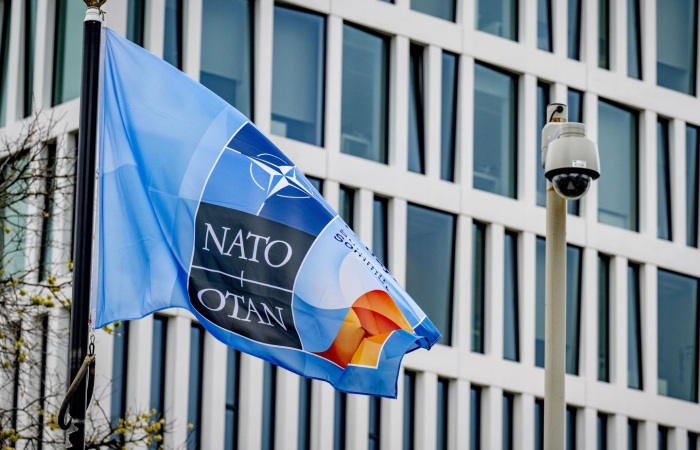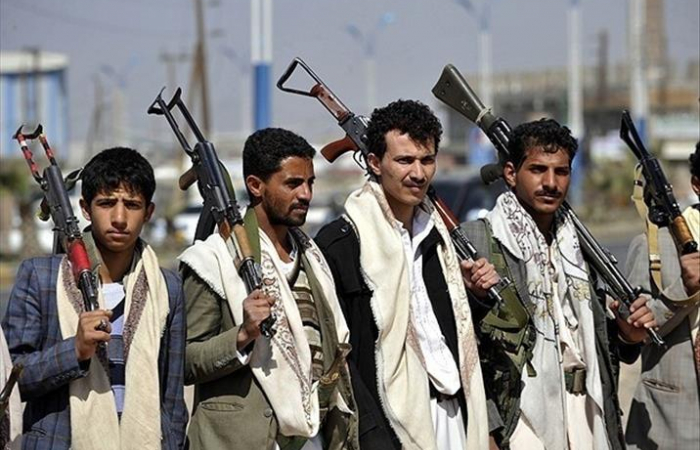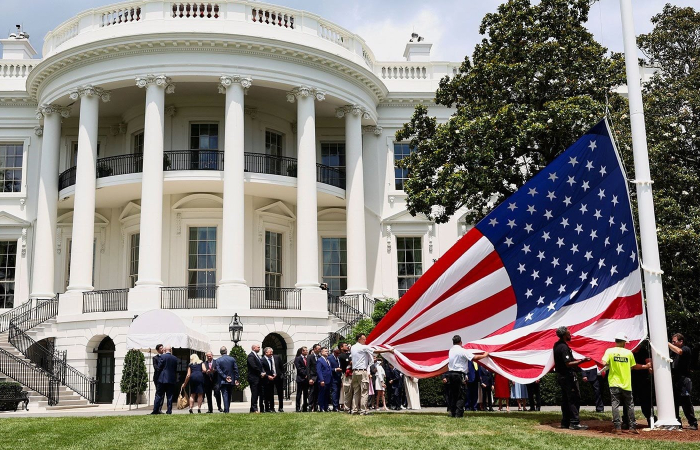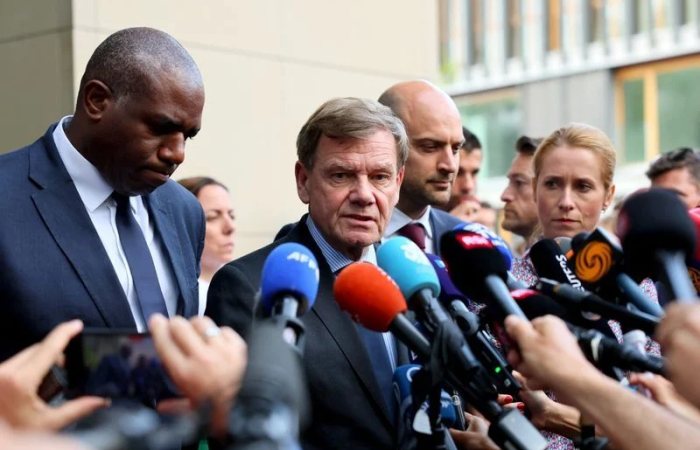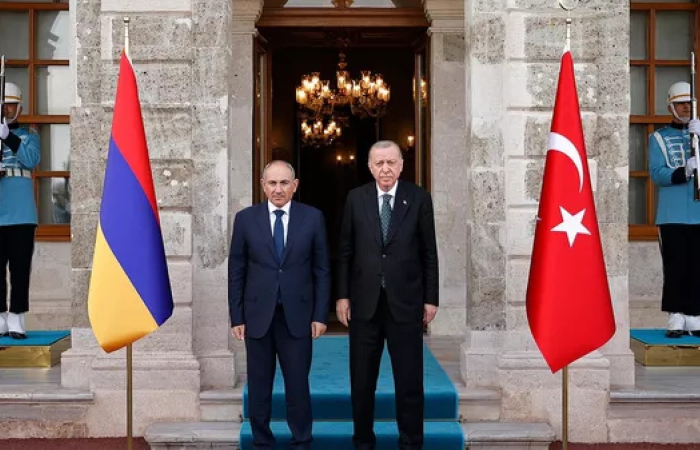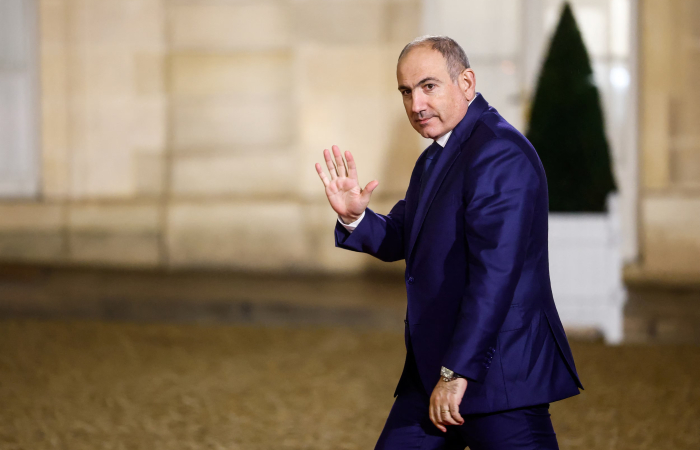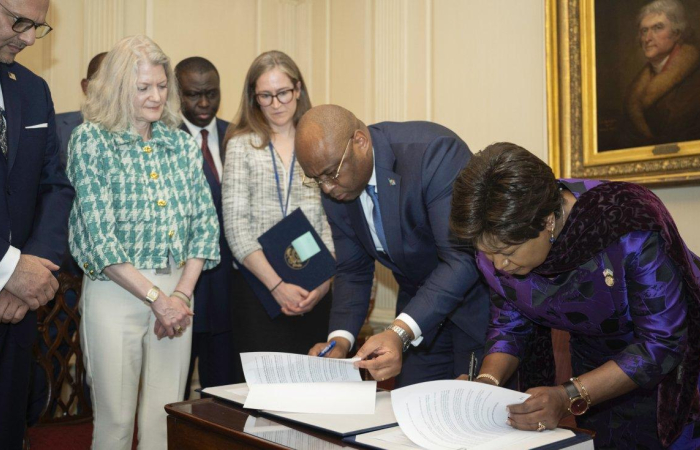Trending
NATO in The Hague: a summit like no other
23 June 2025
NATO summits are usually orderly affairs, prepared well in advance, and an opportunity for the partners in the military alliance to show unity and resolve. The forthcoming Nato Summit in The Hague, on Tuesday and Wednesday, 24 and 25 June is different. As the BBC put it, there will be 32 leaders from Europe and North America present, but “only one man matters - NATO's summit is all about Trump”. With three wars on its borders, NATO needed a good summit in The Hague. Whilst managing Mr Trump, the 31 other leaders in The Hague need to think of the future.



